Extra virgin olive oil, a mainstay of the MIND and Mediterranean diets, includes monounsaturated fats and polyphenols that may enhance memory and learning. Packed with choline, which enhances memory and brain cell communication, eggs are another brain-boosting food.
1. Sleek Fish
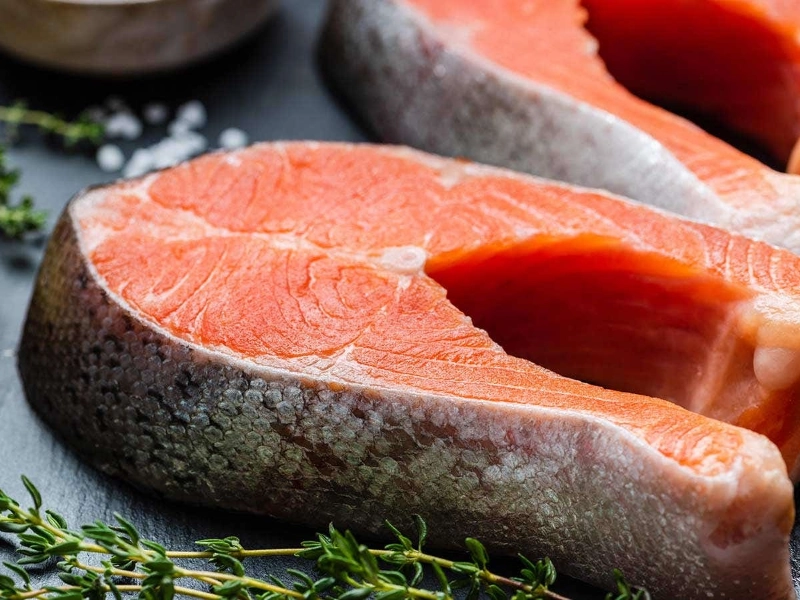
An omega-3 fatty acid-rich diet, such as one serving per week of oily fish such as salmon, tuna, trout, or sardines, is associated to better brain function. According to a study, those who consume these fatty acids on a daily basis see a reduction in cognitive deterioration with age.
Berries are a great source of flavonoids, resveratrol, and anthocyanins, which are natural substances that improve memory and brain function. Antioxidants included in blueberries have the unique ability to both prevent and cure illnesses that impair memory.
Because they are rich in antioxidants and vitamin E, consider including seeds like pumpkin, pistachio, and sunflower in your diet. Another excellent option is turmeric, which has numerous advantageous properties for the brain, such as enhanced grey matter volume and protection against Alzheimer's. Turmeric also contains curcumin.
2. Chocolate Dark

Many people's favourite indulgence is dark chocolate, which has been demonstrated to enhance cognitive abilities. This is because it has flavonoids, which support better blood flow to the brain.
Furthermore, there are trace levels of theobromine and phenylethylamine in dark chocolate, which function as stimulants to heighten alertness. Additionally, this can help with memory recall and formation.
To get the most benefits from chocolate, choose varieties that have a high cocoa content. Keep in mind that chocolate shouldn't be used in place of other healthful eating practises; rather, it should be consumed in moderation. The greatest method to make sure your body is getting all the nutrients it needs is to eat a variety of nutritious foods.
3.Quinoa
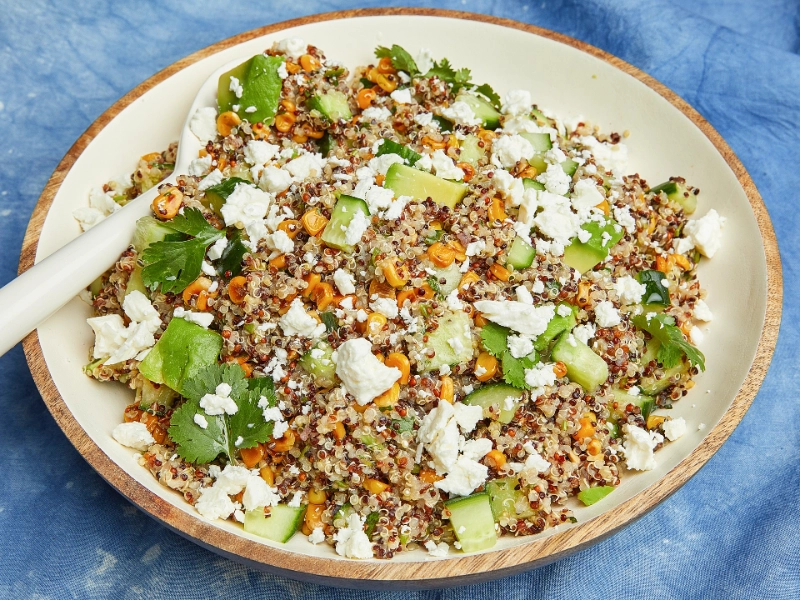
It has been demonstrated that quinoa's high concentration of magnesium, b vitamins, and folate enhances working memory. Moreover, it has a lot of vitamin E, which may help stave off Alzheimer's. Try it with this tasty recipe for quinoa salad.
Lycopene, an antioxidant found in abundance in tomatoes, slows down age-related cognitive loss and shields the brain against dementia. They are also a great source of potassium, which lowers the risk of stroke and helps with blood pressure.
Curcumin, found in turmeric, has been demonstrated to lower the risk of depression and Alzheimer's disease as well as enhance mood stability. Use it in other dishes or this recipe for turmeric eggs.
4. Capsules
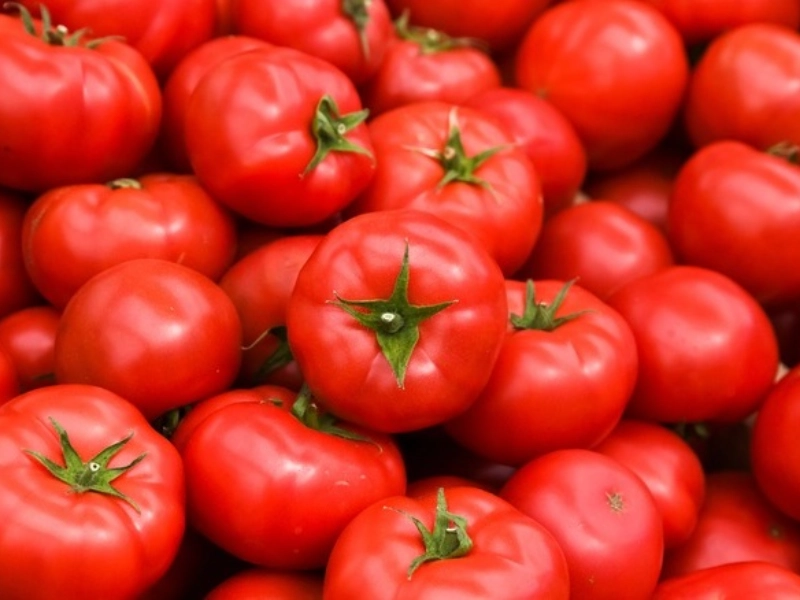
Lycopene, which is abundant in tomatoes, helps shield the brain from oxidative damage. Additionally, the antioxidant improves cognitive and memory performance. Make an effort to include tomatoes and tomato sauce in your diet every day.
In addition to being a rich source of iron, spinach also has an antioxidant called lutein that helps to ward against disorders associated to memory. Additionally, it enhances focus and concentration.
Because they contain flavonoids, which have been found to protect against degenerative changes in the brain, berries are among the greatest meals for the brain. A weekly intake of two to three servings of berries can halt the deterioration of memory by up to 2.5 years.
5. Complete Grain
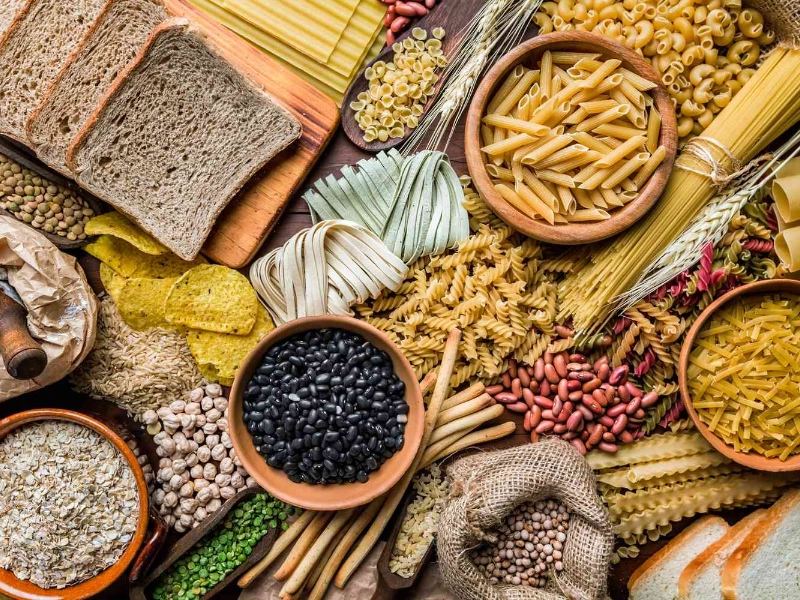
Complex carbs are necessary for the brain to function correctly. These nutrients are found in whole grains, which also include B vitamins and omega-3 fatty acids. Try quinoa, barley, and brown rice.
Salmon, mackerel, herring, and trout are examples of fatty fish, which are high in protein and good fats that support brain health. The grey matter volume of the brain might shrink with age, but these fatty acids help to increase it.
Berries are a fantastic food to help boost memory because they are high in flavonoids and antioxidants. These nutrients prevent the body and brain from being harmed by free radicals. Additionally, l-theanine, a component in green tea, aids in relaxation. Avocados are a great source of vitamin E and monounsaturated fatty acids. Toss them into salads or substitute them for butter in baking recipes.
6. Red Onion
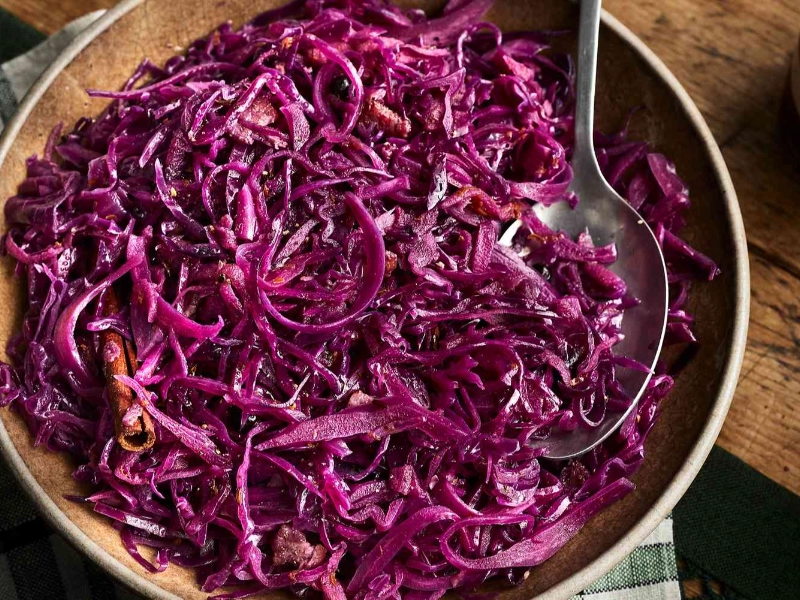
Eating a diet high in foods that are good for the brain can help with memory and cognitive function. This encompasses the DASH and Mediterranean diets, as well as walnuts and green tea, which are rich in DHA and omega-3 fatty acids and contain caffeine to increase alertness, antioxidants to reduce inflammation, and the amino acid L-theanine to aid in relaxation.
Remember to eat your leafy vegetables as well! The amino acid glutamine, which is abundant in spinach, kale, and collard greens, helps reduce inflammation. Furthermore, they are a great source of vitamin K, vitamin C, and the antioxidant anthocyanin, which helps to stave off dementia and Alzheimer's disease. Drink some kale juice or try adding some to your meals.
Advertisement
Recommended Reading: Does Drinking Hot Water Reduce Belly Fat?

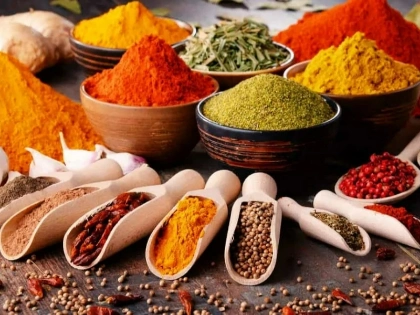





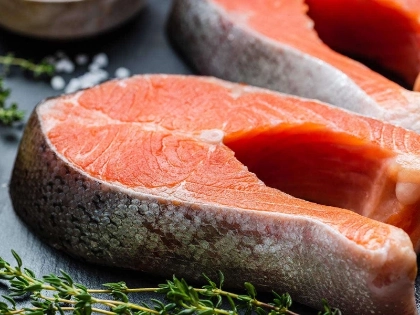
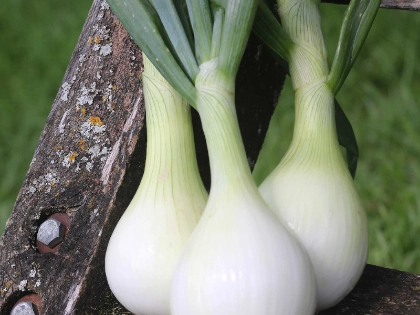

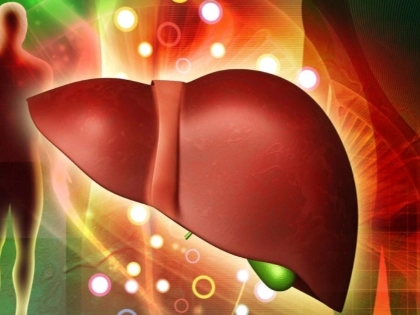
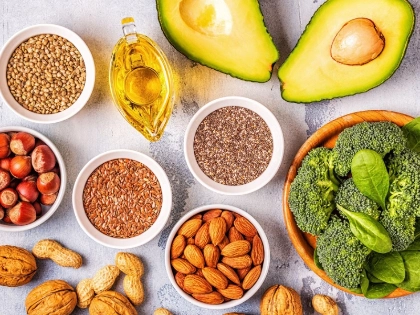

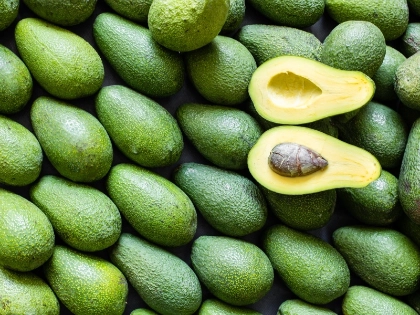
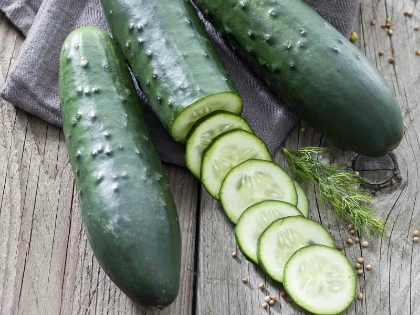

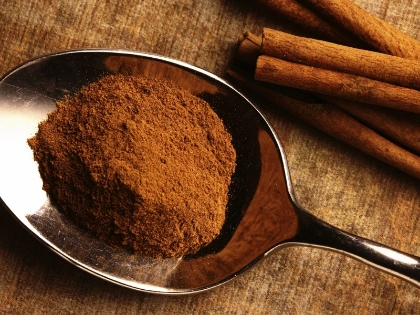






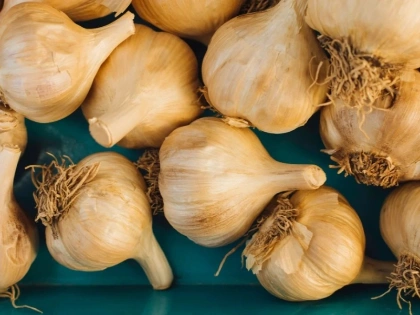
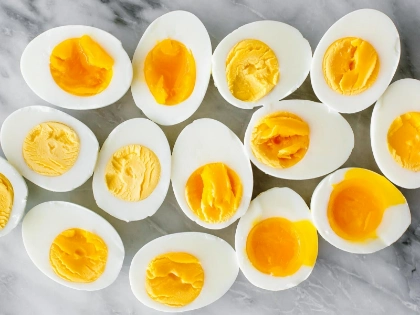


Comments
Leave a Comment
Your email address will not be published. Required fields are marked *